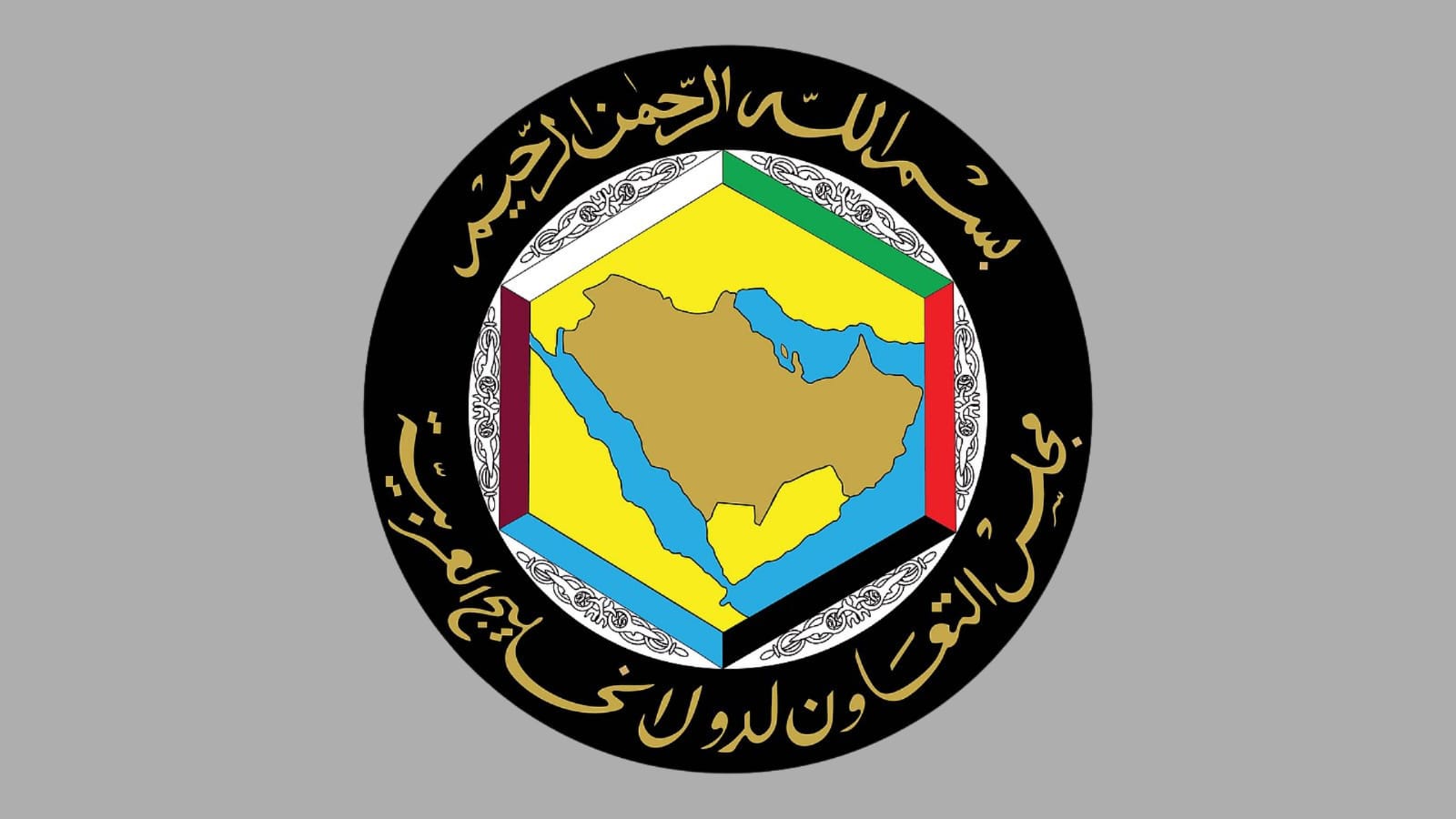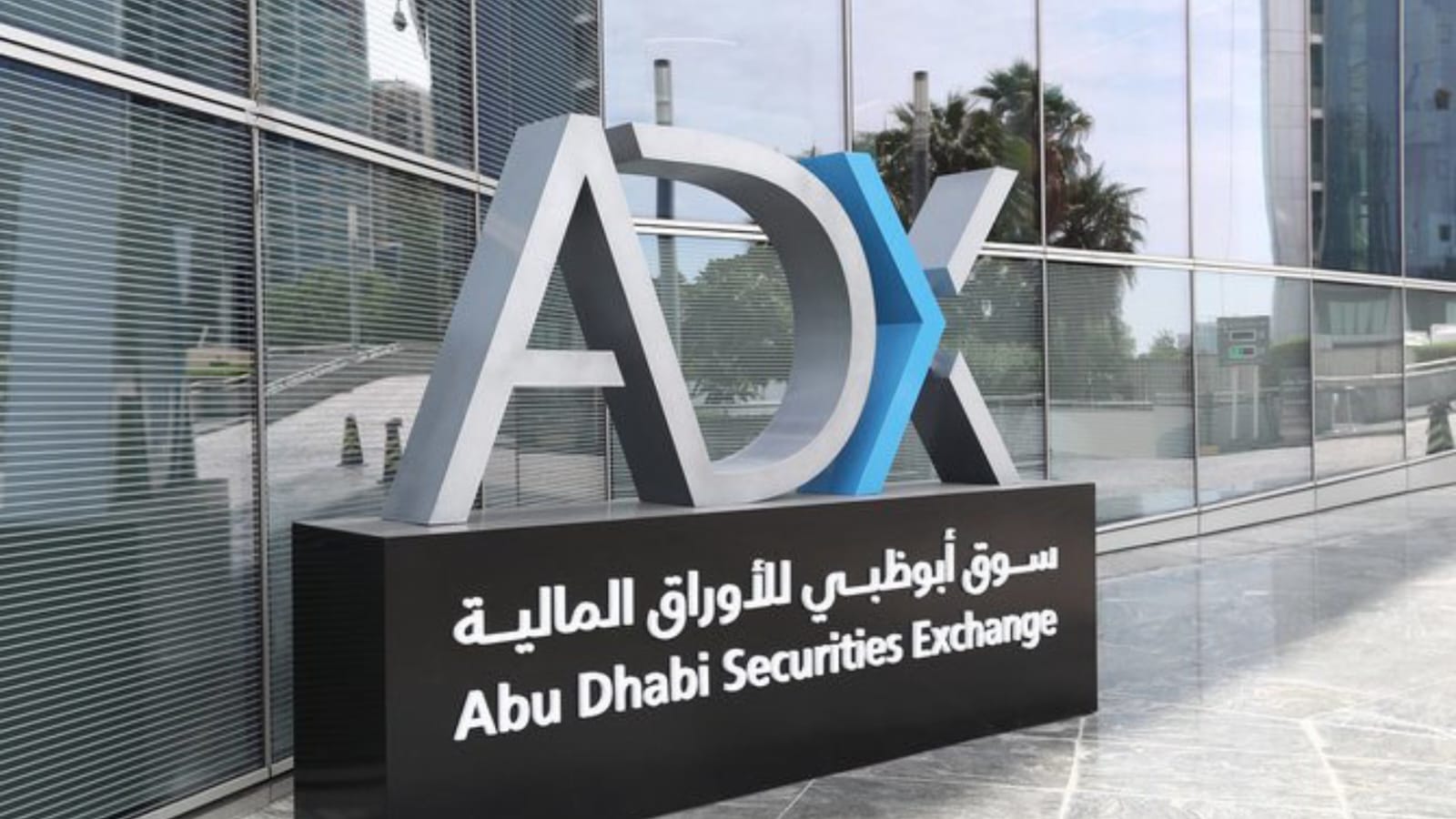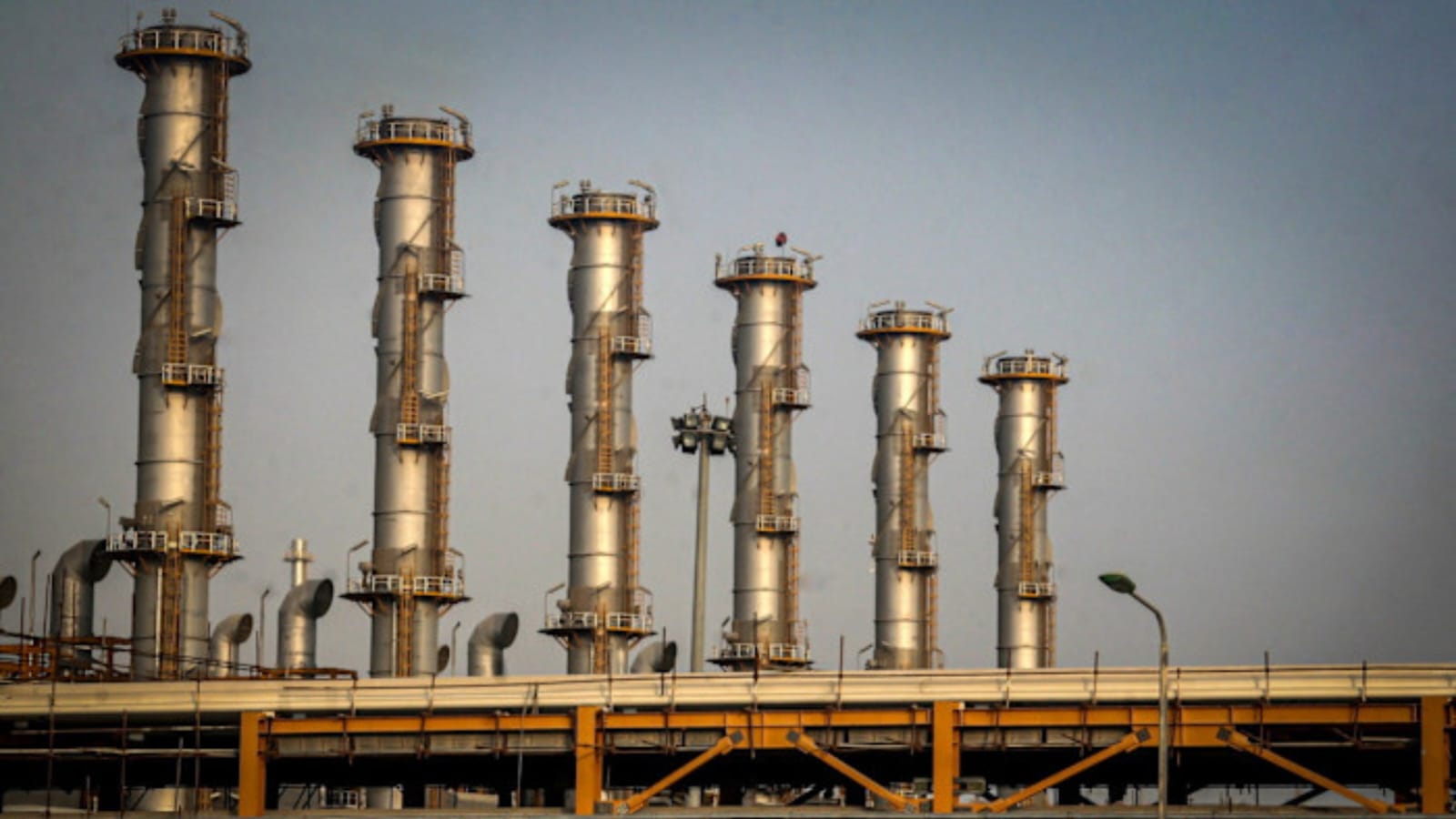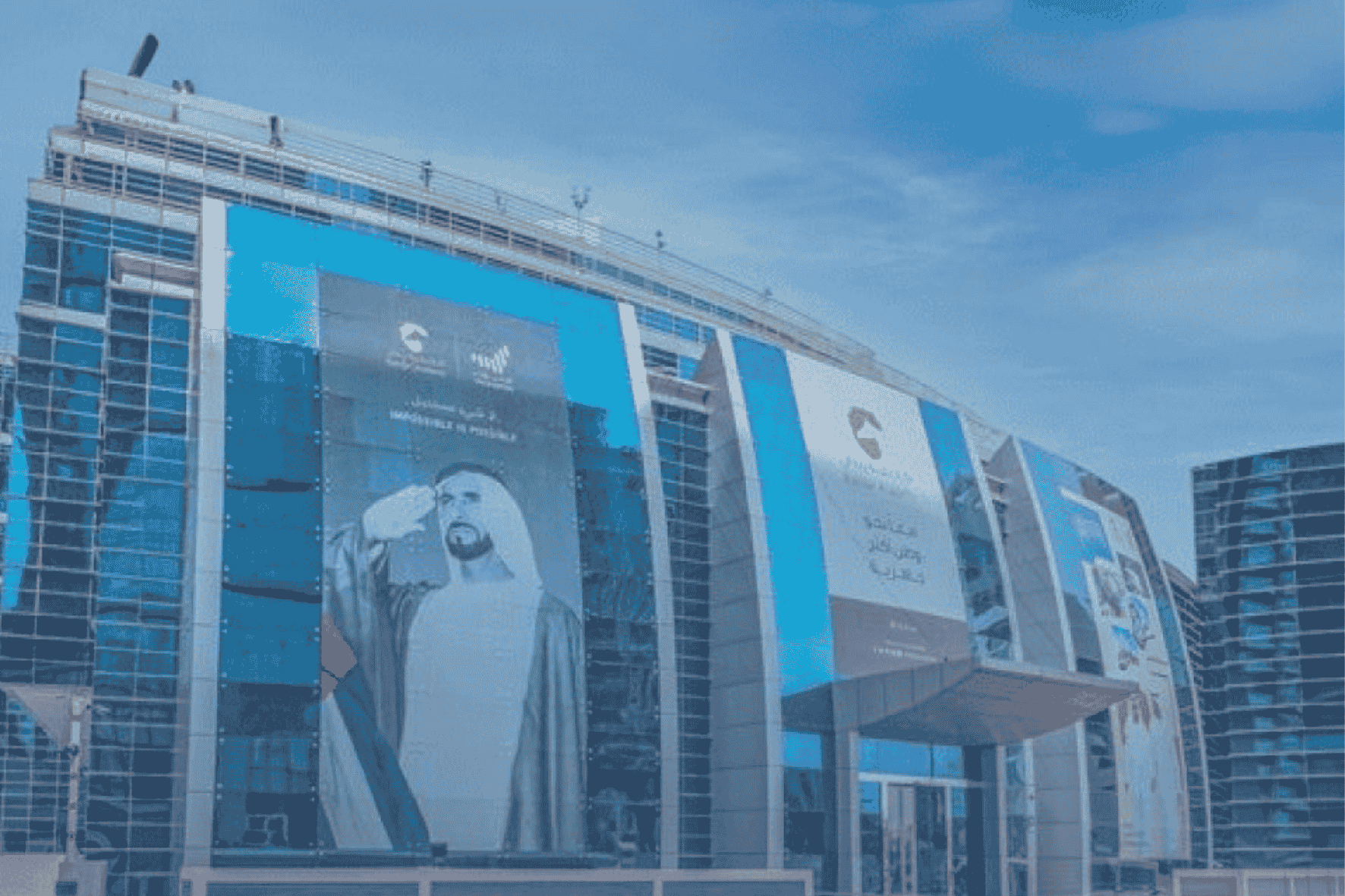UAE Education Reform Aligns School Streams with Future Careers

The educational landscape in the United Arab Emirates is on the cusp of a significant transformation. With a vision to bridge the gap between school education, higher academic pursuits, and the evolving global labor market, the Ministry of Education (MoE) has announced major reforms in the educational streams available to students in public schools and private institutions adhering to the national curriculum. These sweeping changes, which will be implemented from the academic year 2025–2026, aim to provide students with a clearer, more strategic academic path that is closely aligned with their personal aspirations, university goals, and the future needs of the workforce.
This bold initiative represents a forward-thinking shift in how educational systems in the UAE are structured and reaffirms the country’s commitment to equipping the youth with knowledge and skills that are relevant to a rapidly changing world. By tailoring academic content and stream structures to match student ambitions and the realities of the modern job market, the UAE is setting a new benchmark in educational development.
Aligning Education with Aspirations and Market Needs
The motivation behind the updated educational streams stems from the results of comprehensive field surveys conducted by the MoE. These surveys involved input from educational specialists, school administrators, parents, and students. By analyzing academic performance trends, student preferences, and labor market developments, the Ministry crafted a model that bridges existing gaps between school curricula and higher education requirements.
According to Sarah Al Amiri, Minister of Education, this reform is not merely a curriculum adjustment but a systemic change aimed at unlocking the full potential of students. During the media briefing held at the MoE’s headquarters in Abu Dhabi, she emphasized the importance of providing tailored learning pathways that would better prepare students for the challenges and opportunities of the future.
The Ministry’s redesign of the general and advanced educational streams aims to balance core academic rigor with practical applicability. Students will now receive a more targeted educational experience, equipping them with specific competencies that align with their chosen career paths. This shift is designed not only to support academic growth but also to facilitate smoother transitions to university programs and employment opportunities.
Redefining the General Stream
The general stream has traditionally provided a broad-based education covering essential subjects. Under the new system, this stream will continue to offer a well-rounded education but with enhancements to scientific subjects. Students in the general stream will now receive deeper exposure to foundational science topics, aimed at refining analytical and problem-solving skills.
The redesigned curriculum for the general stream places a renewed focus on practical knowledge and applications. This approach ensures that even students who may not pursue science-heavy university majors still acquire robust scientific literacy. It reflects a recognition that in today’s world, basic proficiency in STEM (science, technology, engineering, and mathematics) is valuable across nearly all professions.
MoE officials have confirmed that the revised general stream will be tailored to enhance students’ talents and enable them to develop a strong base in subjects such as mathematics and general sciences, thereby expanding their future educational and career choices.
Specialization Through the Advanced Stream
The advanced stream, on the other hand, is being restructured to cater to students with a clear inclination toward science and technology disciplines. It will feature a more rigorous and in-depth approach to scientific subjects, including mathematics, physics, chemistry, and biology.
This stream is specifically designed for students who plan to enroll in science, engineering, technology, or health-related programs at the university level. By offering specialized content and advanced coursework, the Ministry aims to develop students’ critical thinking and innovation capabilities—skills that are increasingly in demand in both academia and the professional world.
Moreover, the advanced stream will incorporate a tighter curriculum alignment with university entrance requirements. This ensures that students choosing this pathway are not only prepared academically but also positioned competitively when applying to national and international higher education institutions.
Impact on Current and Future Students
In order to ensure a smooth transition and avoid disruption to existing students, the Ministry has clarified that these changes will not impact those currently in Grade 11 or Grade 12. These students will continue with the current curriculum and academic structure until their graduation.
However, significant attention is being paid to students currently in Grade 8, who will soon face the decision of choosing their educational stream. The Ministry has outlined a new mechanism and set of criteria for admission into the advanced stream. This process is intended to ensure that students making the transition into specialized academic tracks are well-suited to thrive in them.
One notable change is the flexibility introduced for Grade 12 students in the general stream. These students will now have the option to replace physics with alternative subjects, as stipulated in the Ministry’s newly issued guidance manual. This decision recognizes the diverse interests and academic needs of students, offering greater autonomy in crafting their educational journey.
Institutional Support and Guidance
Recognizing that curriculum reform requires comprehensive support mechanisms, the MoE is working closely with educational institutions to ensure successful implementation of the new streams. Training programs for teachers, updated learning materials, and school counseling services are all being rolled out in advance of the 2025–2026 academic year.
Educational institutions have been directed to realign their internal strategies to reflect the updated streams. Principals and academic advisors are receiving guidelines on how to counsel students and parents during the stream selection process. The MoE is also investing in digital platforms that will allow students to explore different academic and career pathways, aiding informed decision-making.
This support system is vital for maintaining the quality and consistency of education across all schools that follow the national curriculum. By ensuring that educators are fully equipped and that students receive guidance at every step, the Ministry is fostering an environment where educational reform can be sustainably implemented.
Future Vision for UAE’s Knowledge Economy
The broader vision behind this educational overhaul is deeply rooted in the UAE’s long-term national development goals. As the nation aspires to diversify its economy and establish itself as a global hub for innovation, research, and technology, the education system plays a pivotal role in realizing that vision.
By reforming educational streams, the UAE is laying the groundwork for a knowledge-based economy powered by a new generation of thinkers, innovators, and professionals. These reforms align with the country’s strategic priorities under initiatives like the UAE Centennial 2071 and the National Strategy for Advanced Innovation.
The Ministry of Education’s proactive approach demonstrates a deep understanding of the link between education and economic development. By fostering early specialization and academic rigor, the UAE aims to create a highly skilled workforce capable of driving future progress across various sectors—from science and engineering to business, health, and the arts.
Responding to a Changing Global Landscape
The changes introduced by the MoE are also a response to broader global trends in education. Around the world, there is growing recognition that traditional, one-size-fits-all education systems are inadequate for preparing students for the complexities of the modern economy. Personalized learning paths, early career exposure, and emphasis on STEM subjects are becoming hallmarks of progressive education systems.
The UAE’s reforms are in sync with this global movement, positioning the country at the forefront of educational innovation. By allowing students to specialize earlier and by tailoring academic content to match future job roles, the UAE is not only preparing its youth for success but also enhancing the competitiveness of its education system on the global stage.
These changes reflect a strategic blend of foresight, inclusivity, and adaptability—qualities that are essential in an era of rapid technological and societal change.








1 Comment
[…] of the major priorities for Dubai is to boost the number of international students studying in the city. The emirate aims to have 50 […]
Comments are closed.